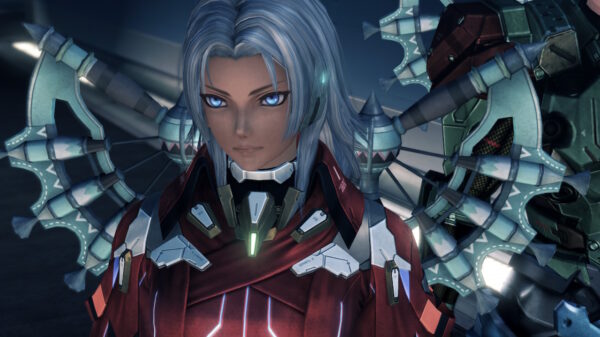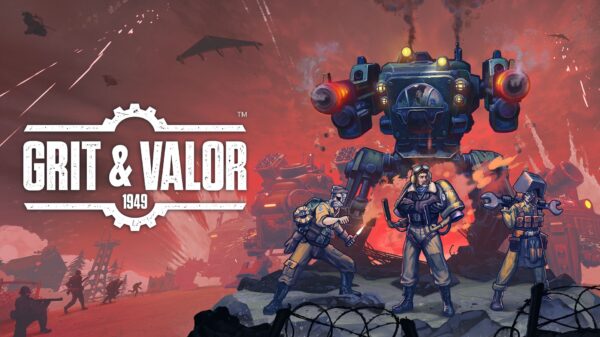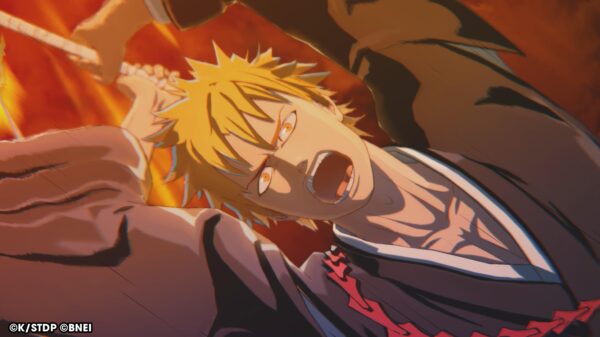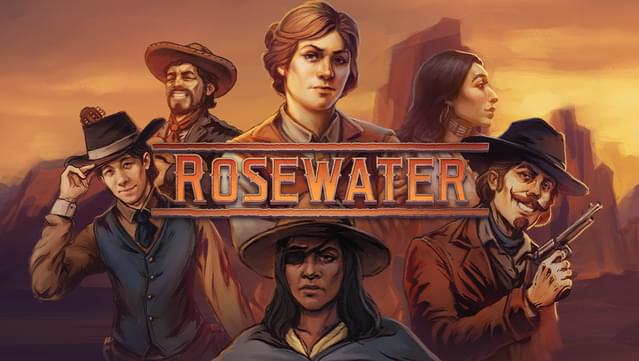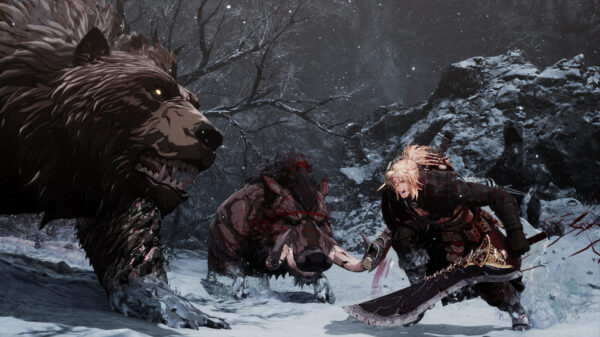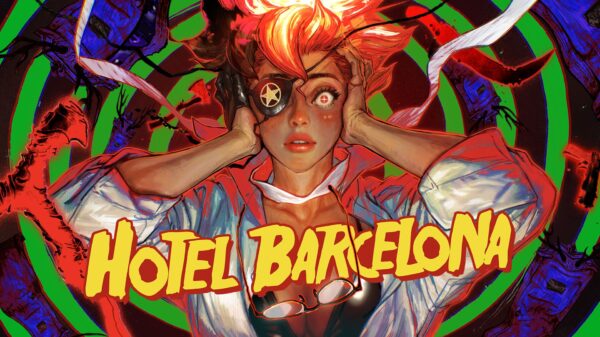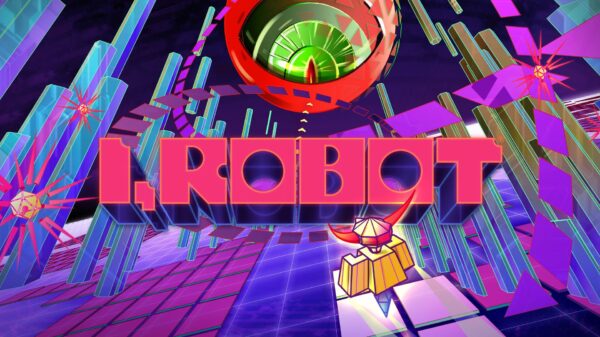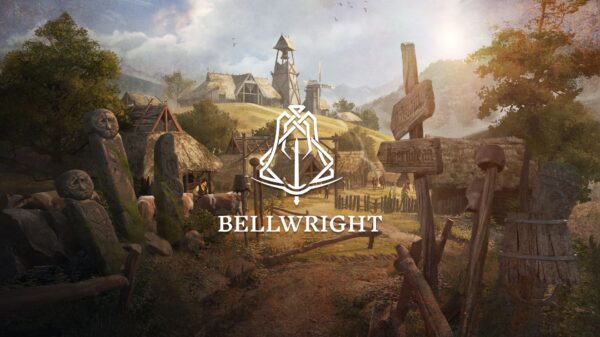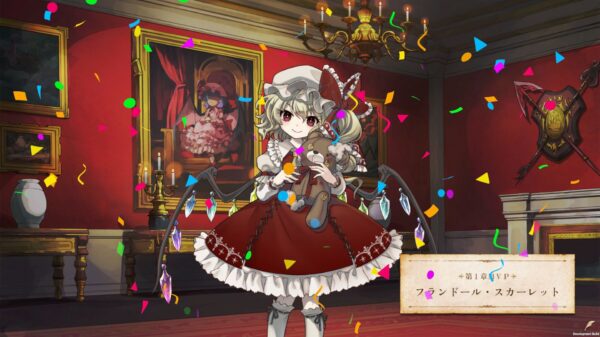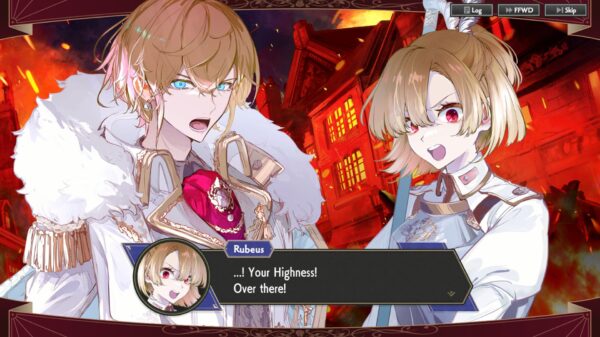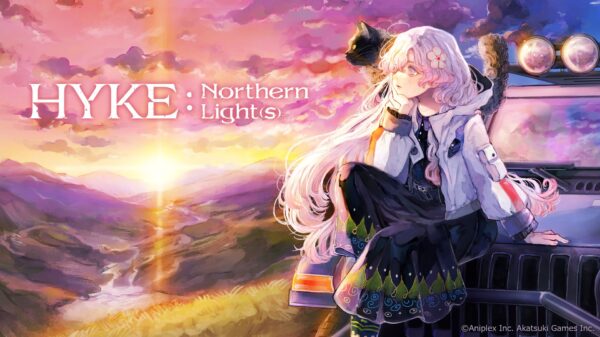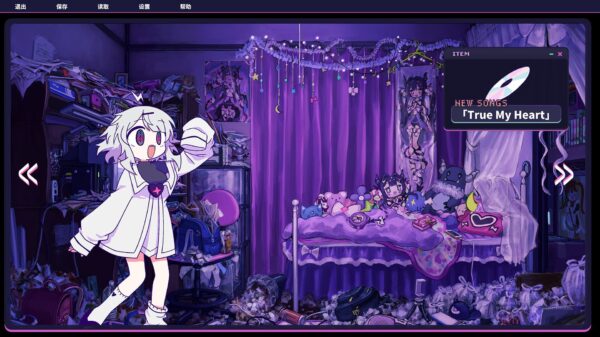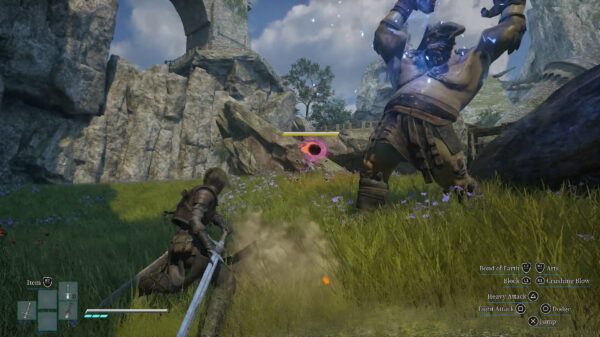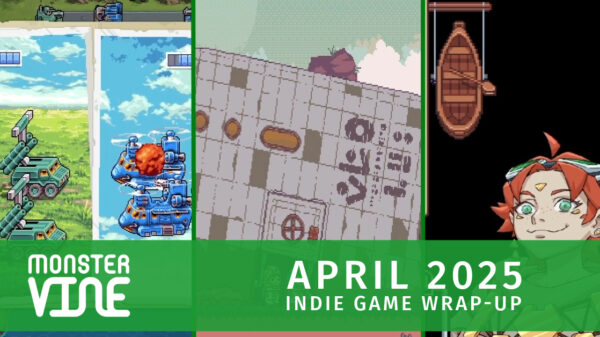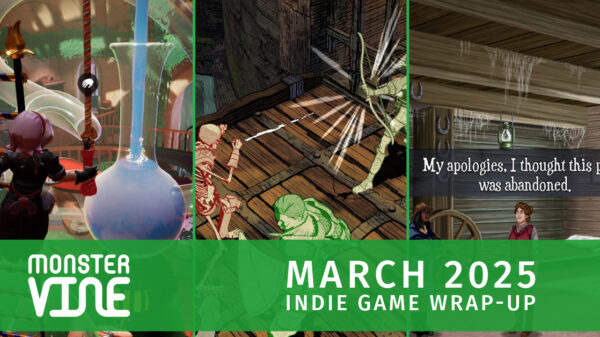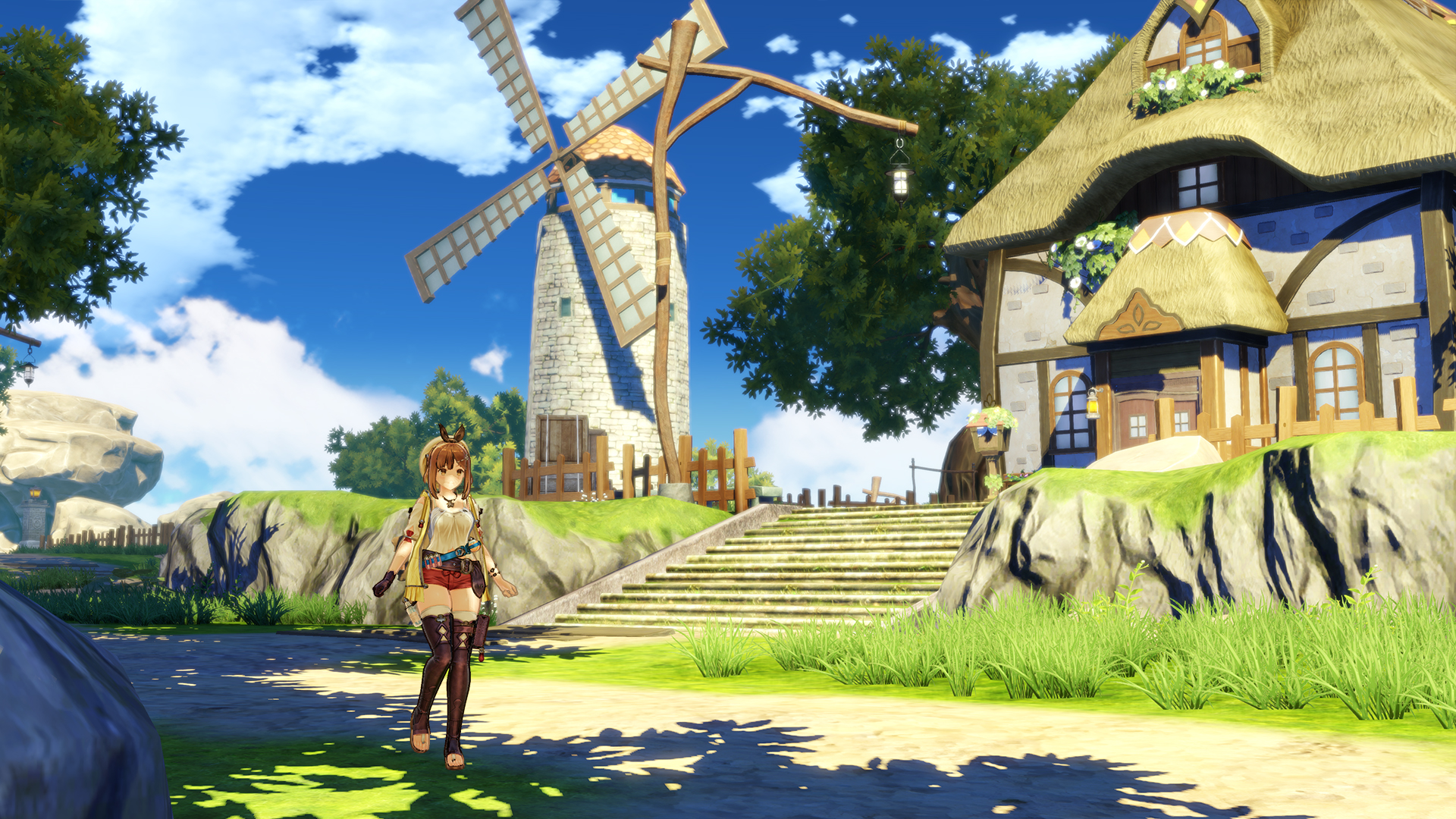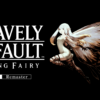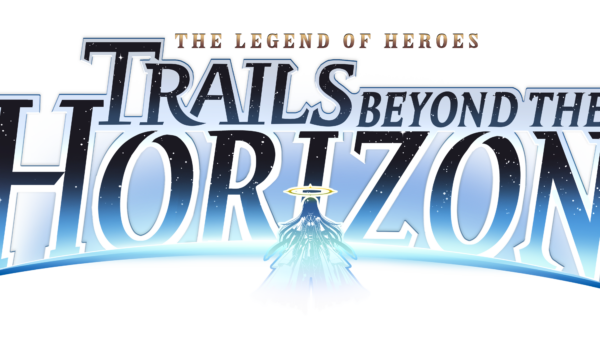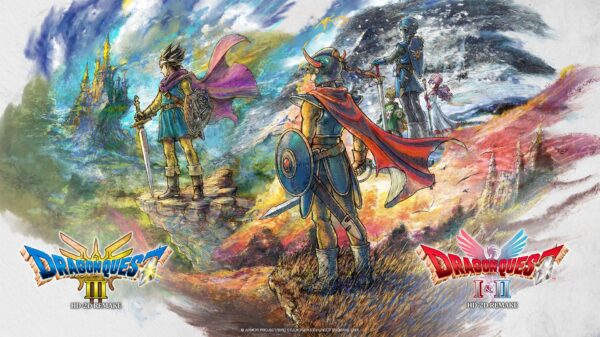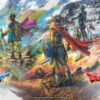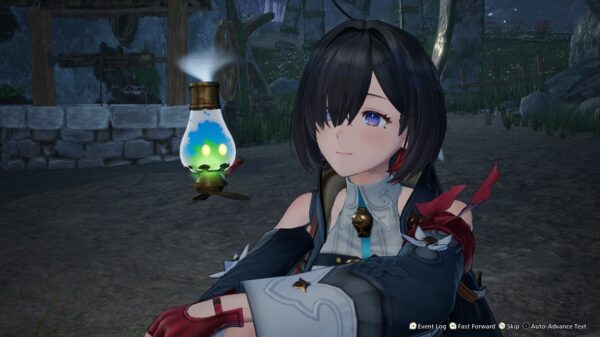I’ve attempted to get into the Atelier series a few times now, and the games that I’ve tried have been long-winded upfront, and a chore to begin. Hard set deadlines in a JRPG that consumes time with almost everything you do was a huge barrier of entry for me as a player. I feared the same thing going into Atelier Ryza but was met with a much more forgiving experience. Atelier Ryza tosses out a limited-time system and brings in a more free form open-world JRPG experience and it really resonated with me.
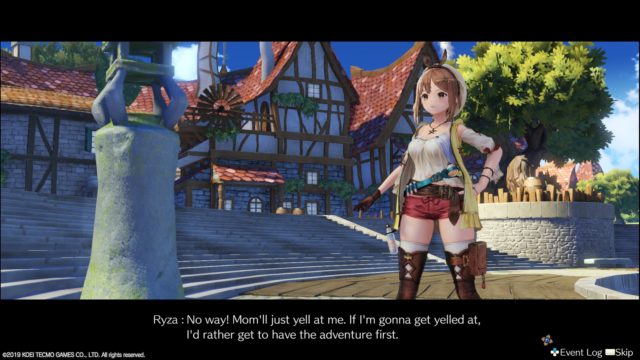
Atelier Ryza: Ever Darkness & The Secret Hideout
Developer: GUST Co. Ltd. & KOEI Tecmo Games
Price: $60
Platform: PS4 (reviewed), Xbox One, and PC (via Steam)
MonsterVine was supplied with a PS4 code for review.
It’s hard to describe a game like Atelier Ryza to the uninitiated. There are so many components involved that simply describing it as a JRPG, is a disservice to all of the systems involved and how they come together. A high-level overview is that alchemy is magic. Magic can make everything. And magic serves as the core functionality of the game. Combat is such an afterthought throughout most of the game. It feels a little disjointed and unpredictable at times. For example, most of the bosses in the game are optional and considering the bulk of the game is gathering and expending resources you seldom take stock of how your party members are equipped. Most RPGs give you a gear check along the way to remind you that maintaining equipment for the party will give you the best results, but boss battles are so infrequent in Atelier Ryza that this opportunity never arises.
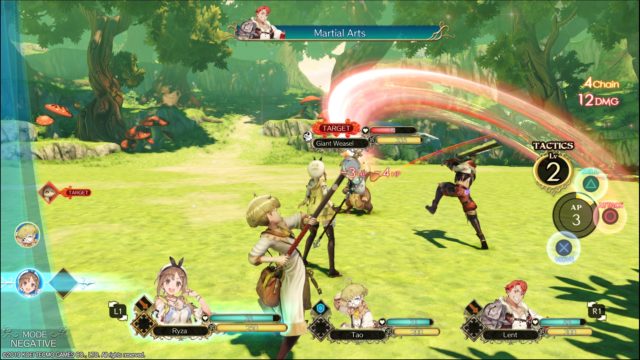
Combat itself is a mixed bag as well. Items use a CC counter to limit your item use in battle and there’s a tactics level system that allows you to attack more often based on that level and gives bonuses to your skills. That part wasn’t great but what did work for me were the action orders and extra orders. Ryza’s combat system places you in control of a single party member and your teammates give you orders to complete, healing or using an item, etc… and if you complete the order they’ll perform a special attack. If an enemy has been broken or is charging up for a super attack you can perform a quick action, which makes it your turn immediately. When you perform a quick action, your teammates ask you to perform a skill, which kicks off a series of special attacks. This reminded me a little bit of Tokyo Mirage Sessions: #FE whereupon hitting an enemy’s weakness a party member would reactively attack. I really enjoyed this aspect of combat.
All of these bizarre systems working together actually create a strange sense of harmony. Despite frantically writing down things that annoyed me about the game as I continued through the story, I didn’t want to put Ryza down. The characters are endearing if not a little fan service-y, the story was also a little unnecessarily complicated but overall made sense and I was aware of my goals the entire time. Most importantly though, the alchemy at first glance was a lot of fun and fairly rewarding.
Alchemy is done through a menu system that requires you to look through your inventory and place items with the correct element and type into slots in order to complete a recipe. The nice part is you can hit a button to auto-complete the recipe for you using high or low-quality ingredients which is especially useful if you want to make a recipe more than once and don’t care how it turns out. Learning new recipes comes from books you can purchase or from completing recipes in a way that allows you to unlock a recipe slot that transforms the recipe into another item. This was all very fun and enjoyable.
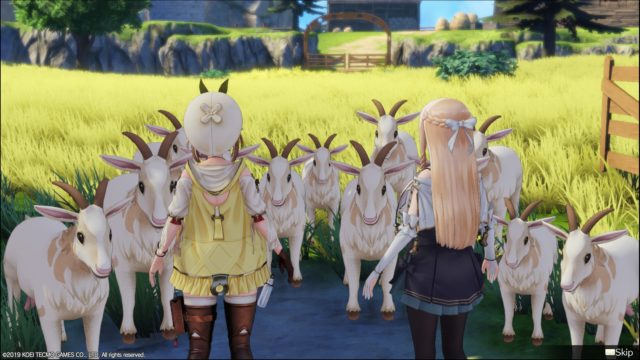
However, alchemy isn’t very clean. Obviously creating complicated systems for people to dive into isn’t going to be the easiest thing to do, and as a result, there are issues. Alchemy trait loops allow you to add a trait to an item, but, if you don’t have that trait unlocked you can’t actually use it. So you can apply a trait to an item and have it be worthless until you rework the item to unlock the trait. Having dumped as much time into the game as I have, that’s the best I can explain it. There will be times you’re looking at the item necessary to craft a new item from an old recipe and you won’t be sure whether you have to craft this item or gather it from somewhere.
Speaking of gathering, you’re given so many options on how to collect items from nodes it’s actually a little impressive. Though I shouldn’t be surprised, this actually works really well. There are multiple tools you can craft through alchemy that allow you to collect different items from the same node. Trees are especially interesting, allowing you to use almost all of your tools to grab something different from the tree every time you attempt to gather. This very thing was frustrating when you’d need two items and they both required the same node with a different type of tool, but that’s to be expected with this type of system. I quite enjoyed gathering.
Atelier Ryza makes beautiful use of its anime art style. There’s a level of polish and painterly/cartoony fun added to make for a very consistent visual style. Everything flows together from the menus and other 2D art, to the actual in-game assets and characters. Most importantly, everyone and everything fits into the world very well. There are no enemies or resource nodes that look out of place. Atelier Ryza is artistically compelling.
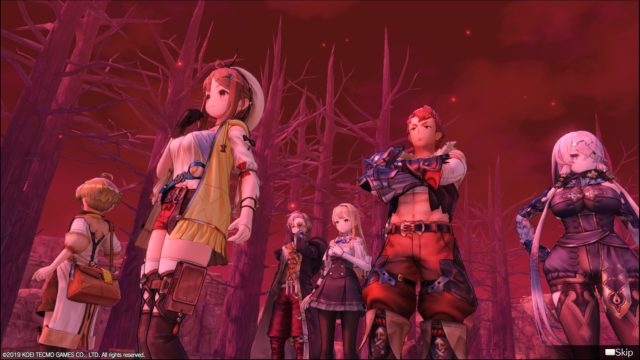
Narratively the game works, there are character arcs that make sense and resolve themselves by the end of the game. The story structure works. Likewise, the side-quests are somewhat interesting and easy enough to complete. They provide exactly what I look for in side-quests, a fun distraction from the main quest line.
There were two instances in which I took issue with the story. The first is how one of the characters, Lent, is continually abused by his father and how all the characters just shrug it off. The second involves an illogical behavioral moment between two groups of kids. While it had characterization it was ungrounded and it pulled me out of the story.
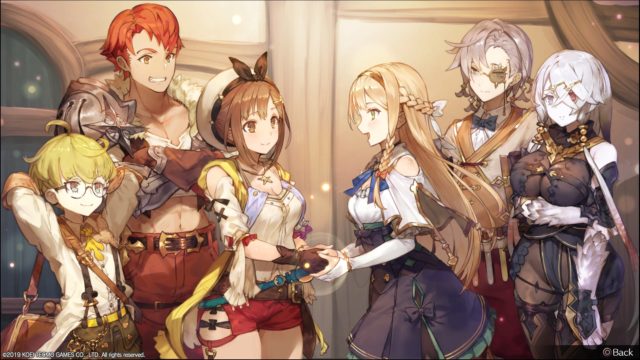
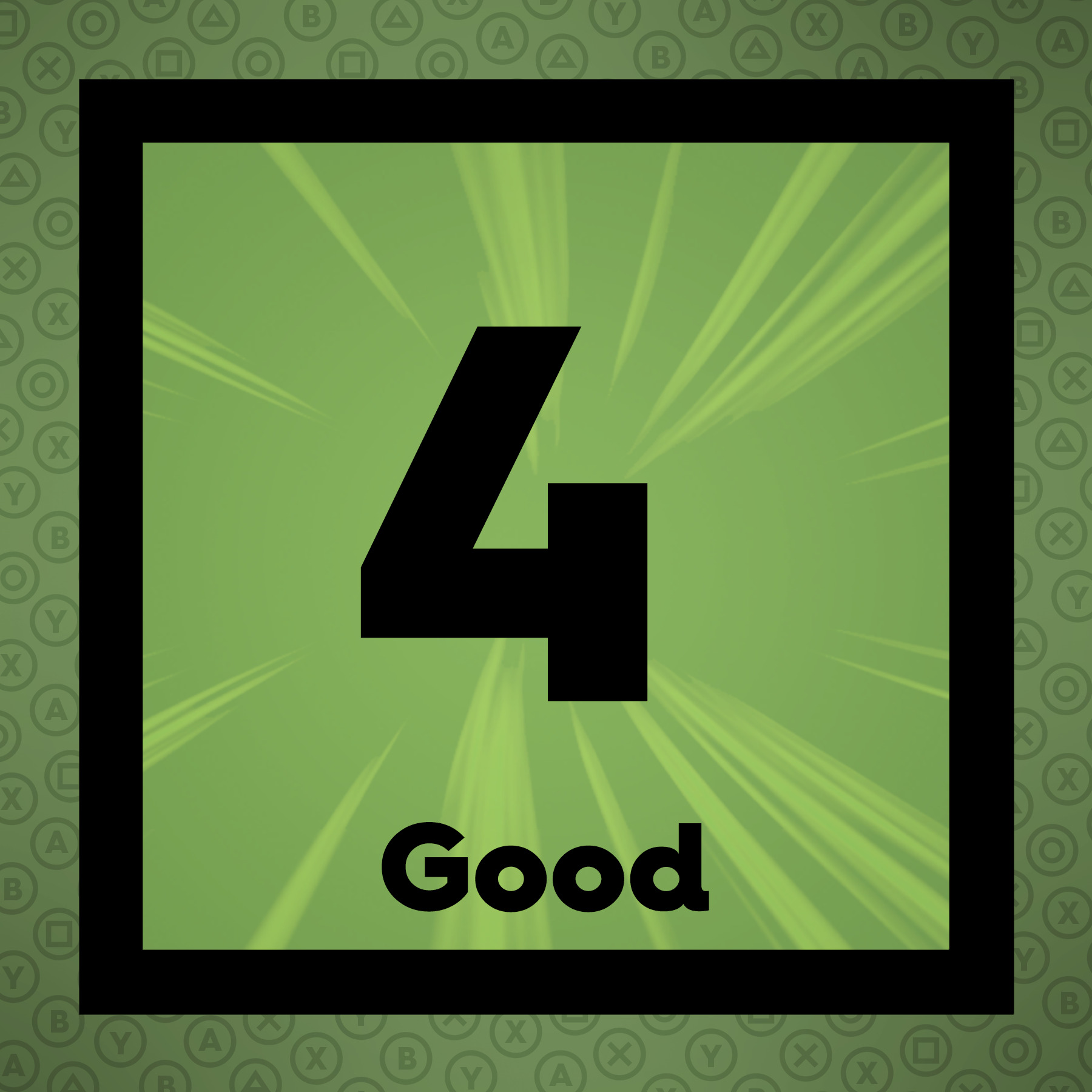 The Final Word
The Final Word
Atelier Ryza’s story is a by-the-numbers JRPG story. The magic in Atelier Ryza isn’t the story though, but the combination of hunting, gathering, and crafting. Ryza is an alchemist at heart and that resonates throughout the entire game. Graphically, despite being an anime-style JRPG in an anime-style JRPG world it stands out. The combat, though convoluted, is quite fun and easy to get a handle on. Atelier Ryza is the best place for new fans of the series to jump in and a relaxing entry for older fans. Not the easiest game to get a handle on but once it clicks, you won’t want to put it down.
MonsterVine Review Score: 4 out of 5 – Good

